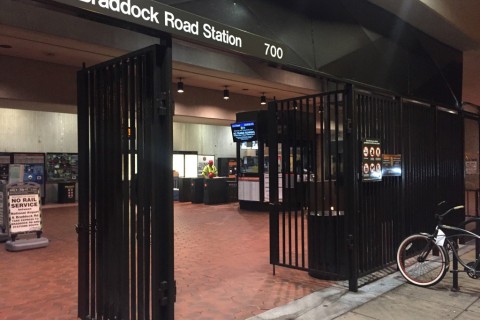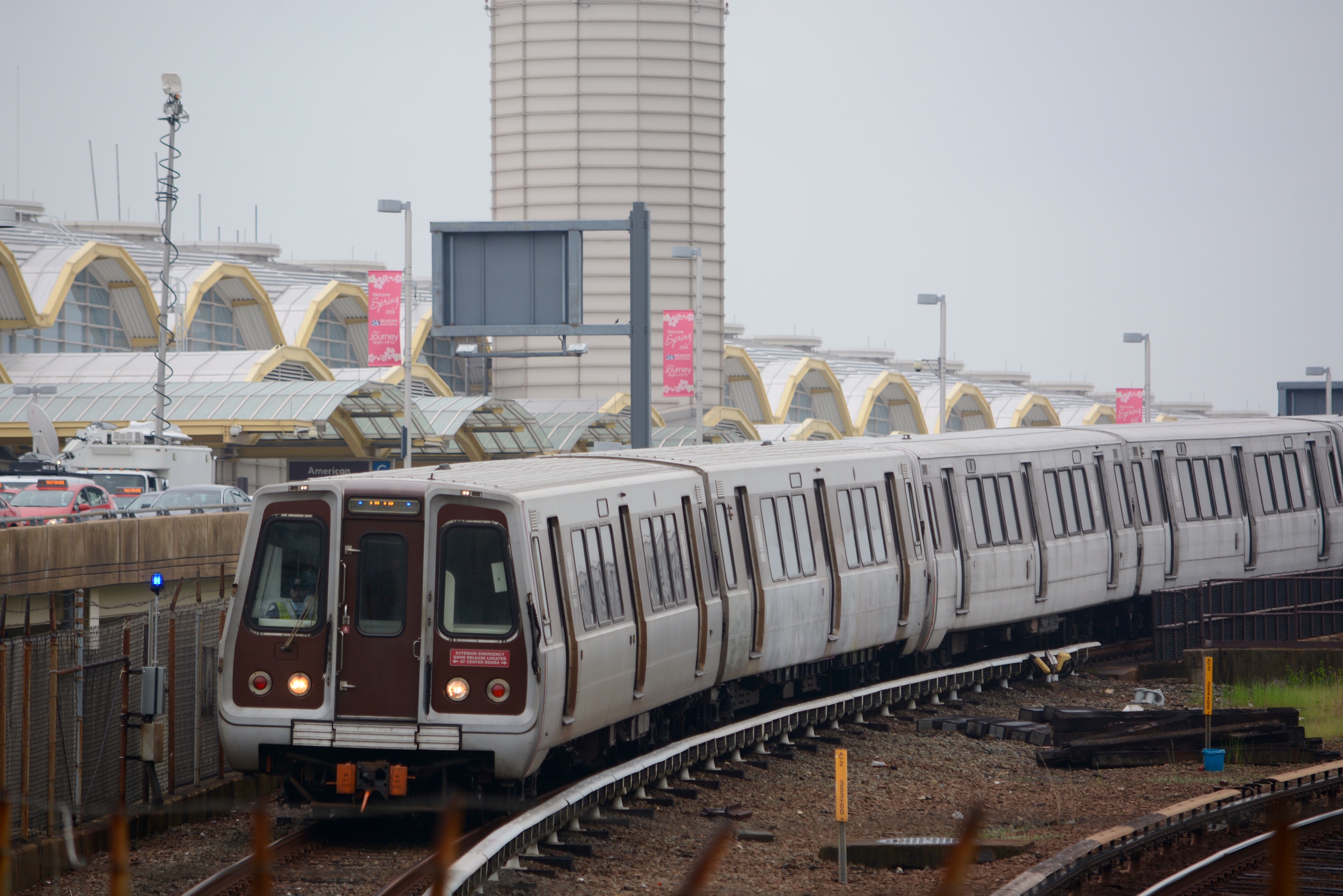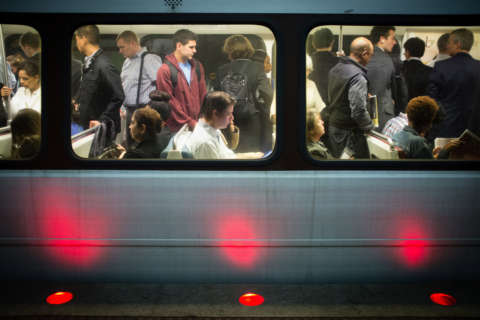One month before the start of Metro’s largest round-the-clock shutdown yet, Metro Board voted Thursday to provide free parking for anyone impacted by the closure.
All six Blue and Yellow line stations south of Reagan National Airport are scheduled to be closed from May 25 (Memorial Day weekend) through Sept. 8 (the weekend after Labor Day), a recently announced extension that infuriated Northern Virginia leaders.
Metro Board unanimously approved the plan for free parking at the three stations with parking lots — Franconia-Springfield, Huntington and Van Dorn Street.
In addition to potentially saving regular riders more than $500 over the course of the summer compared to what they would have paid to park if trains were running, Metro believes that the more transit options commuters have during the closure, the fewer riders it will lose when stations open this fall.
Keeping drivers off the roads can also limit the extra traffic during the shutdown, whether it is through buses, VRE or carpools.
Interstate 395 toll lane construction is scheduled to continue throughout the closure.
After the stations reopen in September, the Blue Line is scheduled for reduced service with round-the-clock single tracking through Van Dorn Street for a few more weeks.
Additional work expected to be less disruptive to riders will continue at other stations much of the fall. The resolution approved Thursday allows Metro staff to extend free parking to cover that additional period.
Though Metro has limited data, the agency estimates the free parking will mean a loss of about $2 million, which will be covered as part of $23 million set aside for ridership and other losses due to round-the-clock closures.
Available alternatives
Metro plans four shuttle bus routes during the summer shutdown — two separate express routes at Huntington and Franconia-Springfield to and from the Pentagon, a local Yellow Line shuttle and a local Blue Line shuttle.
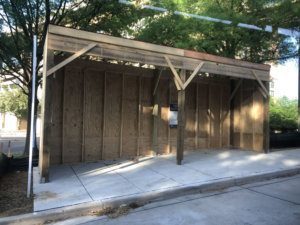
People parking at Franconia-Springfield will be able to ride VRE to Alexandria, Arlington and D.C., take shuttle or other buses, or carpool or slug.
Buses, carpooling and slugging are also options at Huntington and the smaller Van Dorn Street parking lot.
Normal Kiss and Ride areas at each of the stations are closed for construction materials staging and other work. The King Street Kiss and Ride area is closed for a long-term overhaul.
Additional bus service is planned on a number of existing Metro, DASH and Fairfax Connector routes, and Virginia and the City of Alexandria plan a number of alternatives aimed at easing the additional traffic jams expected during the closure.
Those changes include increased HOV requirements and hours through Alexandria, additional water taxi service between Old Town and The Wharf in D.C., a bus-only lane on the shoulder of the Capital Beltway and improved traffic signal timing.
According to Metro surveys, 9 out of 10 riders who use the stations that will close this summer are at least aware of the shutdown.
“We will be out in stations in the coming weeks to help plan for their travel alternatives,” Metro General Manager Paul Wiedefeld said.
There are other similarly lengthy platform repair closures planned in other parts of the system over the next few years. Wiedefeld recommended the Metro Board consider whether free parking is appropriate during those closures on a case-by-case basis.
Response to extension concerns
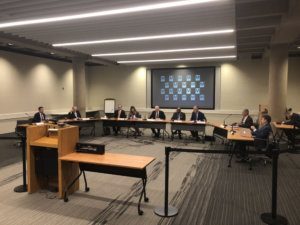
Alexandria leaders were furious this week to learn that Metro knew for a month that work would need to be extended, then a public announcement of the plans was made last week with no advance notice to local leaders.
Wiedefeld told Metro Board the six-day extension of the total shutdown was the best way to fix additional issues at the south end of the Braddock Road station, particularly since the extension would cut service on four work days rather than five since it covers Labor Day week.
Part of the platform at Braddock Road is 2 to 4 inches above the level of rail car floors, which prevents people in wheelchairs from entering or exiting trains, and poses a tripping hazard to other riders.
“We believe it’s critical to take advantage of this planned summer outage to eliminate this long-standing safety issue. There’s no doubt this project creates major inconvenience for our customers,” Wiedefeld said.
The shutdown is the only efficient way to do the work, Metro Board Chairman Jack Evans added.
“We need to repair these stations, we need to repair the tracks, and the only way to do it is to close them down for the summer, so we tried to pick a time when it was least inconvenient, knowing that it will always be very inconvenient,” he said.
“Our sympathies are with everyone. Could communication be better? It can always be better, and so we will strive — the board and the management — to make sure our riders, the elected officials and the jurisdictions are aware of what our plans are, and hopefully we can get through this,” Evans said.
WTOP’s Max Smith reported from Metro headquarters in D.C.

